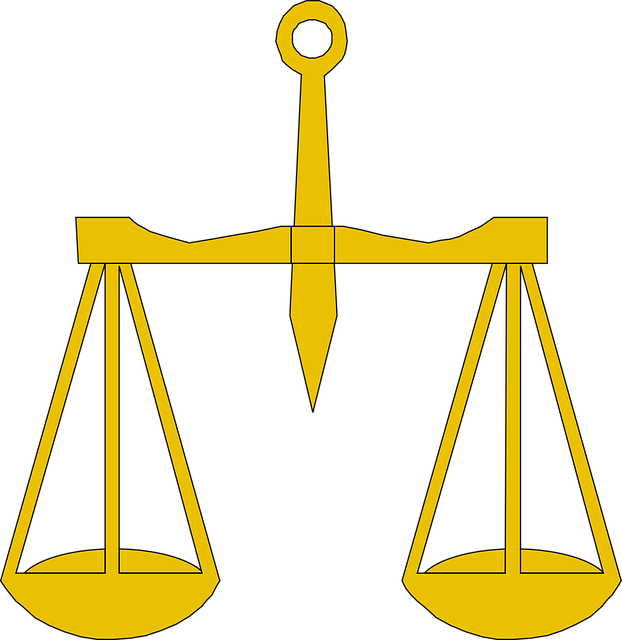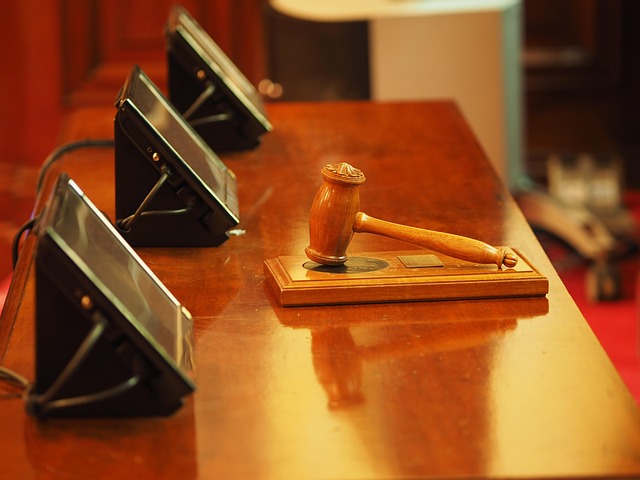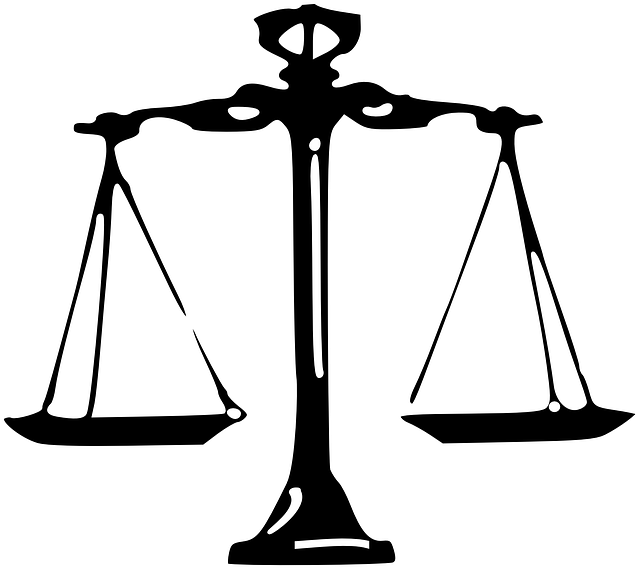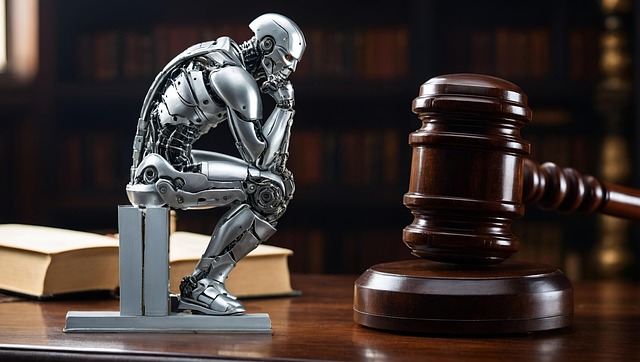The composition of juries significantly impacts legal outcomes, especially in complex cases like white-collar crimes. Research shows that demographics like age, gender, race, and ethnicity influence how jurors interpret evidence, highlighting societal biases. Diverse juries tend to make more nuanced decisions, fostering fairness but requiring navigation of cultural and individual perspectives. To ensure integrity, legal professionals must address these influences through transparency, education, and inclusive jury selection practices, aiming to minimize bias and base verdicts on merits.
In today’s complex legal landscape, ensuring regulatory compliance and fairness in jury trials is paramount. This article delves into critical aspects shaping verdicts, with a focus on understanding and mitigating potential biases. We explore how demographic factors influence legal decisions, examine ethical implications, and present strategies to foster fair and impartial juries. By analyzing the impact of jury demographics on verdicts, we aim to enhance transparency and strengthen the integrity of our justice system.
- Understanding Jury Bias and Its Influence
- Demographic Factors in Legal Decisions
- Ethical Implications of Verdicts
- Strategies for Fair and Impartial Juries
- Enhancing Transparency in the Jury Selection Process
Understanding Jury Bias and Its Influence

The composition of juries has long been recognized as a critical factor in shaping outcomes of legal proceedings, especially in jury trials. Understanding and mitigating jury bias is essential to ensuring fairness and achieving an unprecedented track record of justice, particularly in complex cases involving white-collar and economic crimes. Research has shown that the demographics of a jury can significantly impact verdicts, reflecting broader societal biases and perspectives. For instance, studies have indicated that factors like race, gender, and age can influence how jurors interpret evidence and ultimately render their decisions.
Perception of fairness and equality plays a pivotal role in jury decision-making. Jurors from diverse backgrounds may bring unique insights, but also potentially harbor unconscious biases shaped by cultural norms and personal experiences. Recognizing and addressing these influences is crucial for maintaining the integrity of the justice system. By promoting transparency, education, and inclusive practices in jury selection, legal professionals can work towards minimizing bias and fostering an environment where every case is judged on its merits, irrespective of the diversity—or lack thereof—of those tasked with delivering justice.
Demographic Factors in Legal Decisions

The composition of juries has always been a significant factor in legal proceedings, with demographic considerations playing a role in shaping verdicts. Research suggests that the diversity within juries—in terms of age, gender, ethnicity, and socioeconomic status—can impact the outcome of cases, especially in complex legal matters like white-collar and economic crimes. An unprecedented track record of successful general criminal defense strategies has highlighted the importance of these demographic factors.
For instance, studies indicate that juries with a broader range of demographics are more likely to render decisions that reflect a nuanced understanding of the law and the unique circumstances of each case. This diversity can foster a richer dialogue during deliberations, leading to more balanced and fair judgments. However, it’s not merely about representation; the impact of jury demographics on verdicts is complex, requiring careful consideration of cultural biases and individual perspectives to ensure justice for all parties involved.
Ethical Implications of Verdicts

The ethical implications of jury verdicts are a complex web intertwined with the diversity and demographics of jurors. It’s well-documented that the makeup of juries, reflecting the societal tapestry, can significantly influence outcomes in legal proceedings. The impact of jury demographics on verdicts is profound, particularly as it pertains to cases involving sensitive topics or diverse communities. For instance, studies suggest that racial and ethnic minorities are often underrepresented in juries, which can lead to disparities in how certain cases are perceived and decided.
This demographic bias isn’t confined to specific types of cases. It permeates all stages of the investigative and enforcement process. When jurors’ backgrounds align with those of the accused or the victims, it fosters a deeper understanding and empathy, potentially leading to more balanced decisions. Conversely, when there’s a stark contrast in demographics, preconceived notions may creep in, affecting the impartiality of the jury. As such, ensuring diverse juries is not merely a matter of procedural fairness but also an ethical imperative, aiming for complete dismissal of all charges based on merit, rather than demographic-driven biases.
Strategies for Fair and Impartial Juries

Ensuring fair and impartial juries is a cornerstone of any robust legal system, particularly in complex cases like white-collar defense or general criminal defense. The impact of jury demographics on verdicts cannot be overlooked. Studies show that juries composed of diverse backgrounds can offer broader perspectives, leading to more balanced decisions. This diversity includes age, race, gender, and socio-economic status, all of which can influence the interpretation of evidence and legal arguments.
To mitigate potential bias, attorneys and judges must employ strategies that promote a neutral jury pool. This involves careful selection processes, such as thorough juror questionnaires and thoughtful challenges. Additionally, providing clear instructions on the law and emphasizing the importance of individual impartiality during deliberations can help mitigate the influence of demographic biases. The goal is to secure a complete dismissal of all charges when appropriate, ensuring that justice is served without undue influence from external factors.
Enhancing Transparency in the Jury Selection Process

The jury selection process plays a pivotal role in ensuring fairness and impartiality within the legal system, especially when addressing complex issues like white-collar and economic crimes. Enhancing transparency during this phase is crucial to mitigating potential biases that may influence verdicts. By promoting openness, courts can foster public trust and ensure that jurors’ decisions are based solely on presented evidence and legal arguments. This includes providing accessible information about the selection criteria, ensuring diverse representation from across the country, and allowing scrutiny of the process by both parties and the public.
Understanding the impact of jury demographics on outcomes is essential in promoting a robust and equitable justice system. Different social and cultural backgrounds can bring varied perspectives to the table, enriching the decision-making process. However, it is critical to maintain a balanced approach, where representatives from philanthropic and political communities are also included, to avoid any potential skewing of views. Transparent practices encourage an environment where every citizen feels their voice matters, thereby strengthening the foundations of democracy in legal proceedings.
The complex interplay between jury bias, demographic influences, and ethical considerations highlights the need for enhanced transparency and impartiality in the legal system. Understanding the impact of jury demographics on verdicts is a crucial step towards ensuring fairness. By implementing strategic approaches to jury selection and fostering ethical awareness, we can create a more equitable process that values diversity and promotes just outcomes. These efforts are essential to maintaining public trust and upholding the integrity of our justice system.






